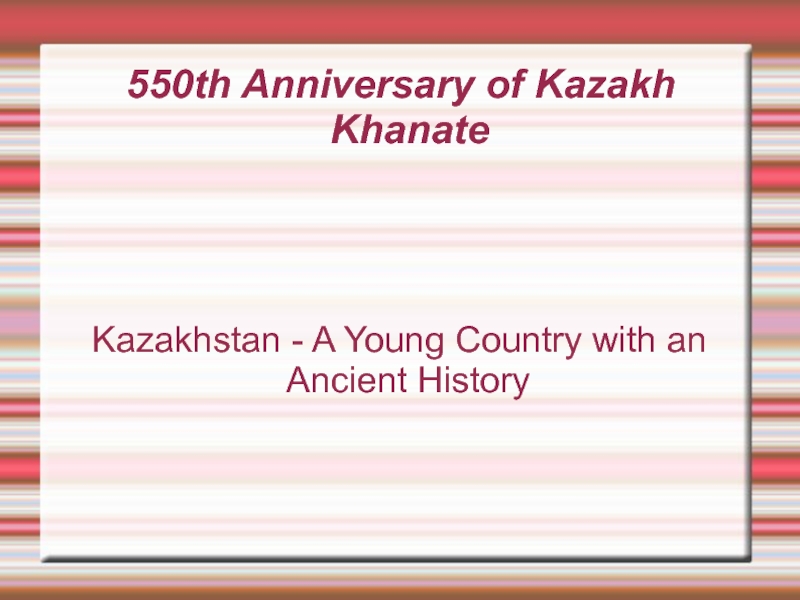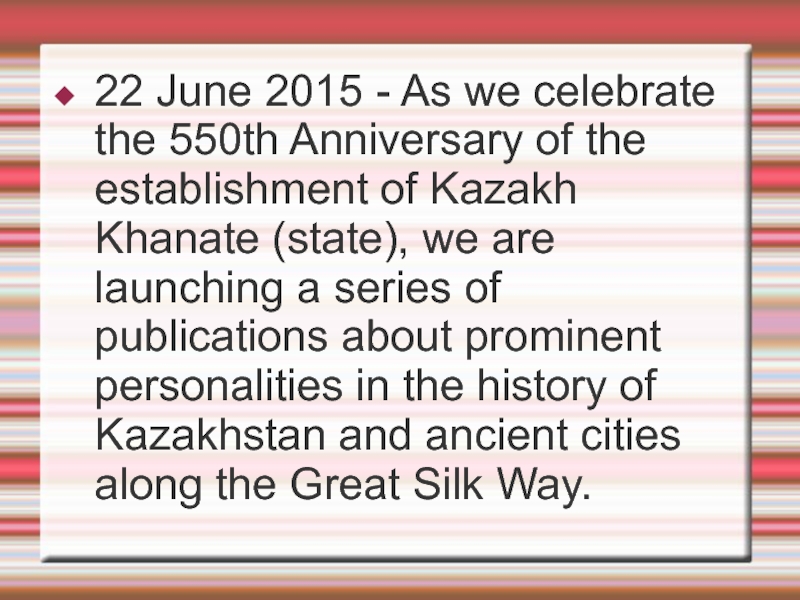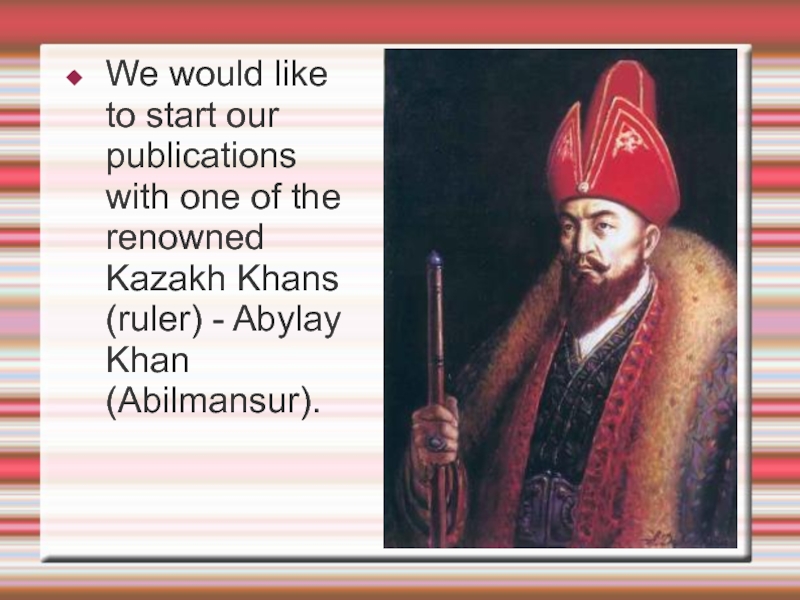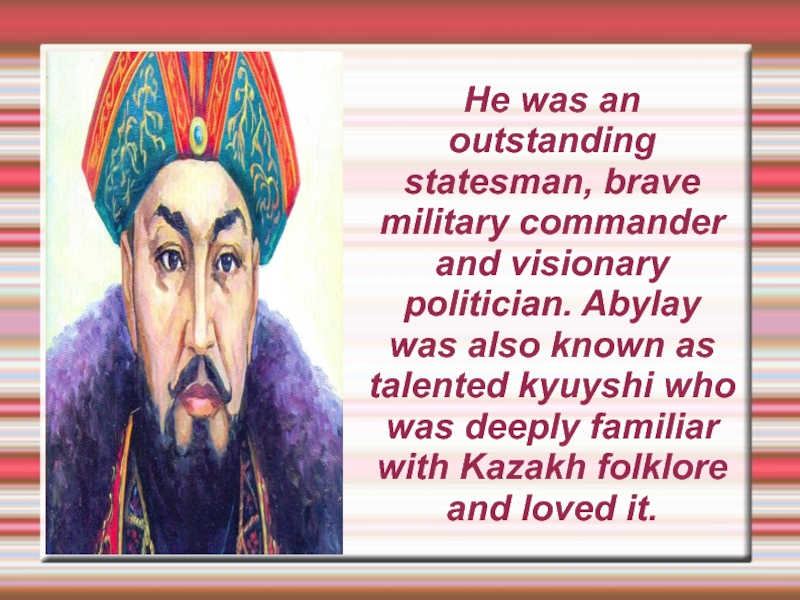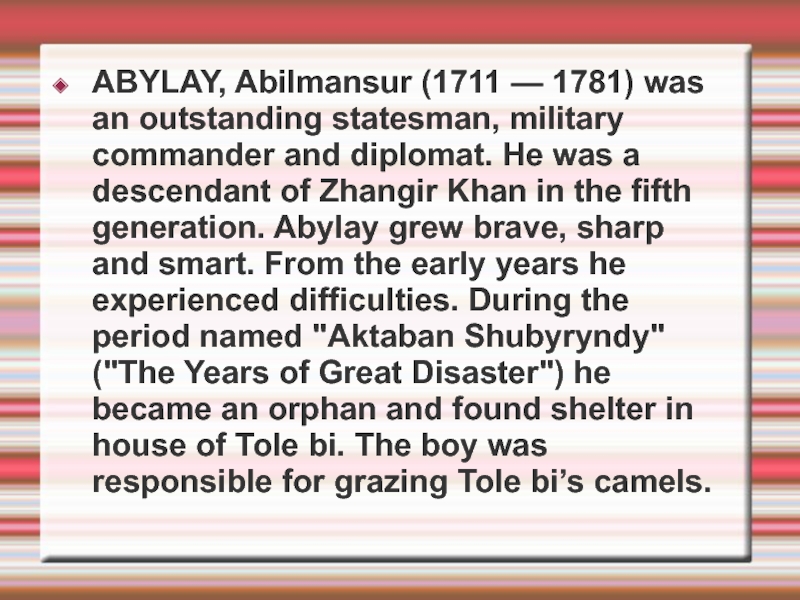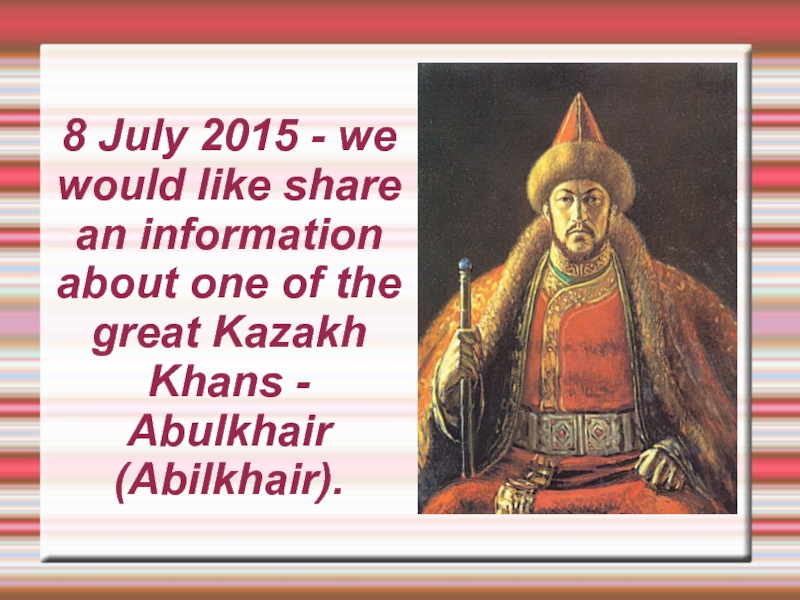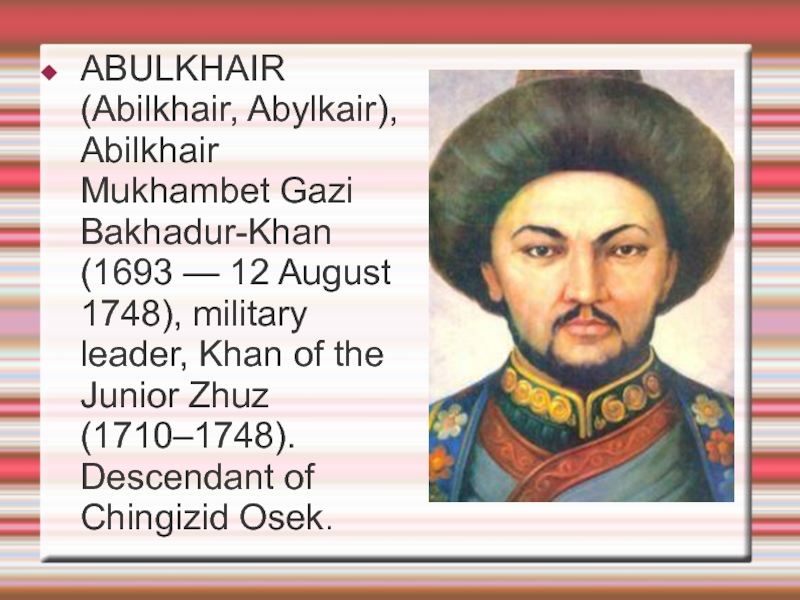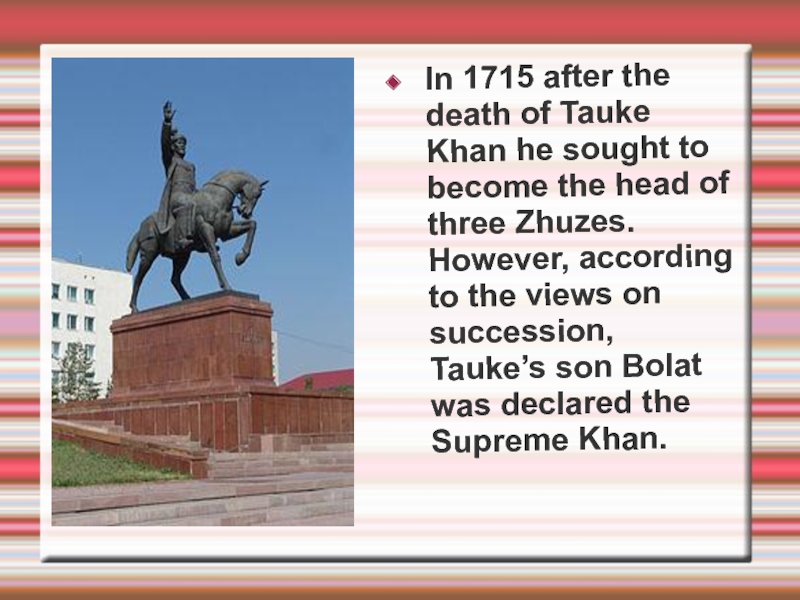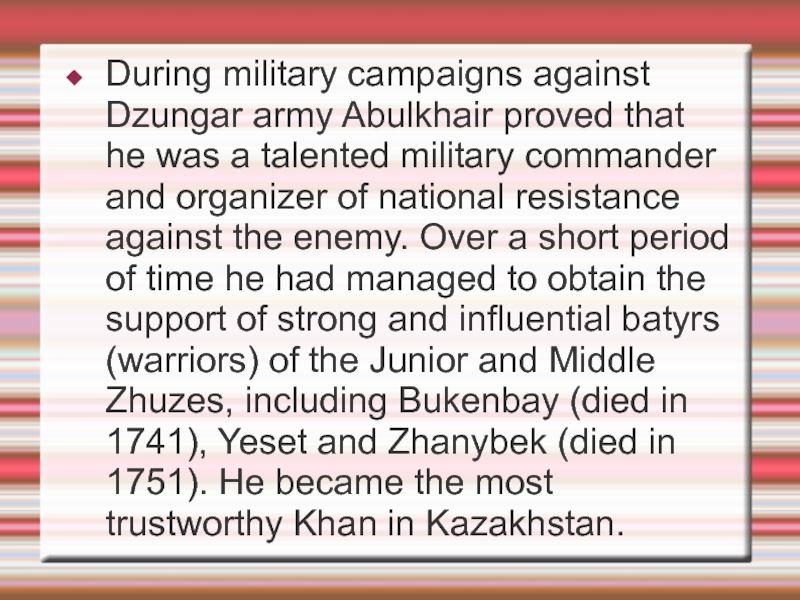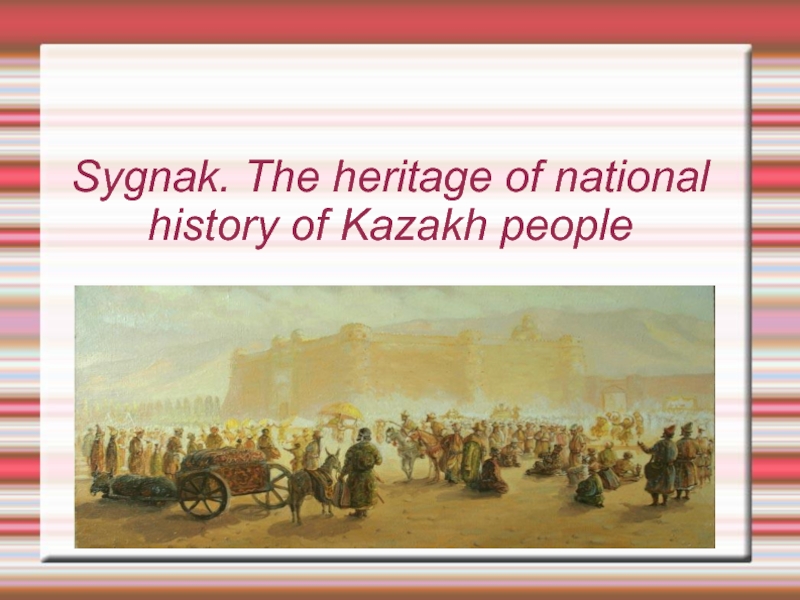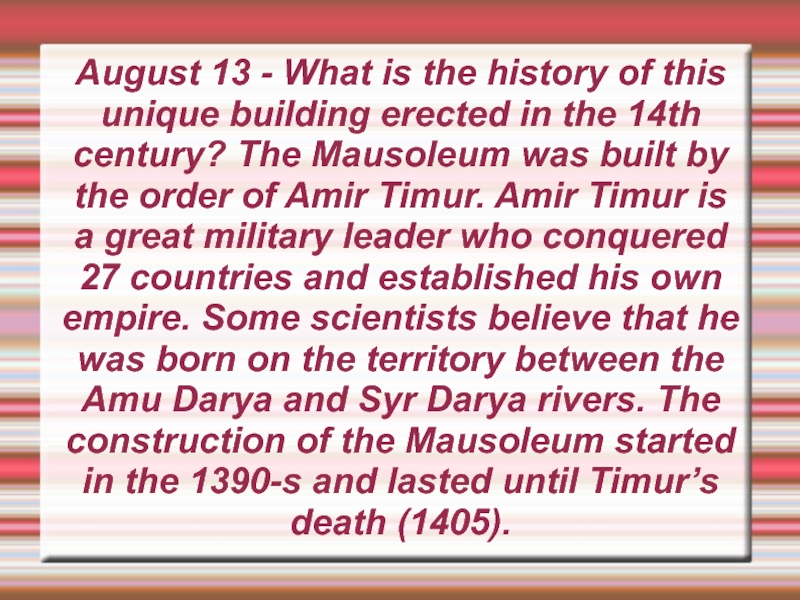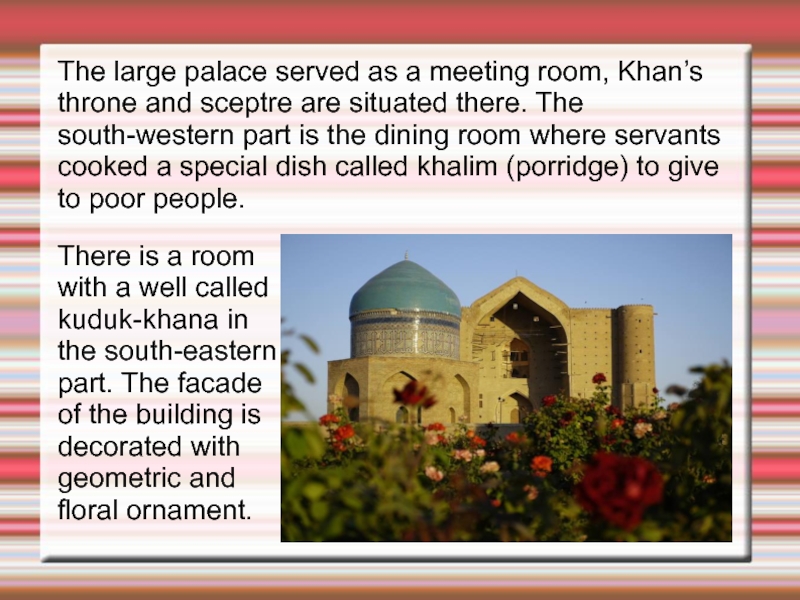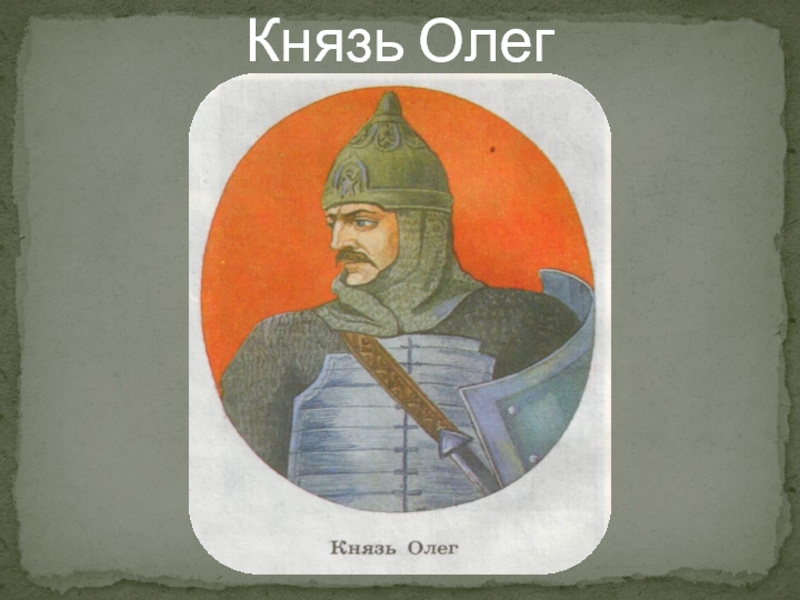Ancient History
- Главная
- Разное
- Дизайн
- Бизнес и предпринимательство
- Аналитика
- Образование
- Развлечения
- Красота и здоровье
- Финансы
- Государство
- Путешествия
- Спорт
- Недвижимость
- Армия
- Графика
- Культурология
- Еда и кулинария
- Лингвистика
- Английский язык
- Астрономия
- Алгебра
- Биология
- География
- Детские презентации
- Информатика
- История
- Литература
- Маркетинг
- Математика
- Медицина
- Менеджмент
- Музыка
- МХК
- Немецкий язык
- ОБЖ
- Обществознание
- Окружающий мир
- Педагогика
- Русский язык
- Технология
- Физика
- Философия
- Химия
- Шаблоны, картинки для презентаций
- Экология
- Экономика
- Юриспруденция
550 th Anniversary of Kazakh Khanate презентация
Содержание
- 1. 550 th Anniversary of Kazakh Khanate
- 2. 22 June 2015 - As we celebrate
- 3. We would like to start our publications
- 4. He was an outstanding statesman, brave military
- 5. ABYLAY, Abilmansur (1711 — 1781) was an
- 6. 8 July 2015 - we would like
- 7. ABULKHAIR (Abilkhair, Abylkair), Abilkhair Mukhambet Gazi Bakhadur-Khan
- 8. In 1715 after the death of Tauke
- 9. During military campaigns against Dzungar army Abulkhair
- 10. Sygnak. The heritage of national history of Kazakh people
- 11. August 3 - Sygnak was a flourishing
- 12. Sygnak was first mentioned in the sources
- 13. Mausoleum of Khoja Ahmed Yasawi
- 14. August 13 - What is the history
- 16. We remind that Khoja Ahmed Yasawi is
- 17. The large palace served as a meeting
Слайд 222 June 2015 - As we celebrate the 550th Anniversary of
the establishment of Kazakh Khanate (state), we are launching a series of publications about prominent personalities in the history of Kazakhstan and ancient cities along the Great Silk Way.
Слайд 3We would like to start our publications with one of the
renowned Kazakh Khans (ruler) - Abylay Khan (Abilmansur).
Слайд 4He was an outstanding statesman, brave military commander and visionary politician.
Abylay was also known as talented kyuyshi who was deeply familiar with Kazakh folklore and loved it.
Слайд 5ABYLAY, Abilmansur (1711 — 1781) was an outstanding statesman, military commander
and diplomat. He was a descendant of Zhangir Khan in the fifth generation. Abylay grew brave, sharp and smart. From the early years he experienced difficulties. During the period named "Aktaban Shubyryndy" ("The Years of Great Disaster") he became an orphan and found shelter in house of Tole bi. The boy was responsible for grazing Tole bi’s camels.
Слайд 68 July 2015 - we would like share an information about
one of the great Kazakh Khans - Abulkhair (Abilkhair).
Слайд 7ABULKHAIR (Abilkhair, Abylkair), Abilkhair Mukhambet Gazi Bakhadur-Khan (1693 — 12 August
1748), military leader, Khan of the Junior Zhuz (1710–1748). Descendant of Chingizid Osek.
Слайд 8In 1715 after the death of Tauke Khan he sought to
become the head of three Zhuzes. However, according to the views on succession, Tauke’s son Bolat was declared the Supreme Khan.
Слайд 9During military campaigns against Dzungar army Abulkhair proved that he was
a talented military commander and organizer of national resistance against the enemy. Over a short period of time he had managed to obtain the support of strong and influential batyrs (warriors) of the Junior and Middle Zhuzes, including Bukenbay (died in 1741), Yeset and Zhanybek (died in 1751). He became the most trustworthy Khan in Kazakhstan.
Слайд 11August 3 - Sygnak was a flourishing town surrounded by large
buildings and fields, rich variety of products, major trading centre on the Silk Road before Mongol invasion According to the ancient and medieval authors, travelers, missionaries, statesmen, inter-stream area of the Amu Darya (Oxus) and the Syr Darya (Jaxartes) since olden times was inhabited by people who possessed a high level of civilization. The President of the Republic of Kazakhstan Nursultan Nazarbayev noted, that there were three capitals on the bank of the river Syr Darya: Jankent —capital of Oghuz state: Sygnak —the Kipchak’s capital and since XIV century the capital of White Horde; Kyzylorda was the first capital of Kazakhstan. President also noted, that this place was the birthplace of the great philosopher of the Turkic world — Korkyt-Ata, well-known public man, writer, philosopher.
Слайд 12Sygnak was first mentioned in the sources of the X century,
it was named by Makhmud Kashkari in the number of the Oghuz’s towns in the XI century. In the XII century Sygnak became the capital of Kipchak state union. The historian of XIII century Juvayni had a description of city defeat by Mongols in 1219 in retaliation for their resistance. He writes that Jochi’s detachment moving down the Syr Darya, conquered town by town. Jochi was accompanied by two local merchants — Hasan Khoja and Ali Khoja. Hasa Khoja was sent to Sygnak to persuade the inhabitants to surrender, but townspeople killed the merchant and resisted. Only after seven-day assault Sygnak captured and the population was completely cut out. The life in Sygnak has stopped for a long time, the part of which remained in ruins.
Слайд 14August 13 - What is the history of this unique building
erected in the 14th century? The Mausoleum was built by the order of Amir Timur. Amir Timur is a great military leader who conquered 27 countries and established his own empire. Some scientists believe that he was born on the territory between the Amu Darya and Syr Darya rivers. The construction of the Mausoleum started in the 1390-s and lasted until Timur’s death (1405).
Слайд 16We remind that Khoja Ahmed Yasawi is a prominent Sufi preacher
whose poems were well known in the Turkic world. In his poems he called for peace and asceticism, condemned lie, hypocrisy and gain of oppressions. According to historical chronicles, Khoja Ahmed drew out the flavour of Khan Arslan, one of the greatest Turkic preachers of Islam and ruler of Maverannahr. Arslan was a person who raised him. Khoja
Слайд 17The large palace served as a meeting room, Khan’s throne and
sceptre are situated there. The south-western part is the dining room where servants cooked a special dish called khalim (porridge) to give to poor people.
There is a room with a well called kuduk-khana in the south-eastern part. The facade of the building is decorated with geometric and floral ornament.
